Rutherford Cross recently ran the latest instalment of their Interim Roundtable series, bringing together experienced Senior Interim Finance Professionals from across Scotland. Rutherford Cross’s Mollie Rogerson and Christina McLean led the discussion on top tips and best practice for interviewing.
At Rutherford Cross we are passionate about supporting our candidates through all steps of the recruitment process. Interviews can seem a bit daunting for some people; however, we believe that if you have properly prepared, you can feel confident going into an interview. In our latest Interim Roundtable discussion, we shared some of our tips and tricks on how to feel prepared pre interview.
Pre-Interview Preparation
The conversation started with a discussion around what you can do before an interview to feel prepared, and we split this into three sections.
The Role:
- Know the role, the person specification and the key competencies
- Speak to your recruitment consultant and have a briefing call
- Understand the interview style – will it be competency or CV based?
The Company:
- Look at the company’s website, and look at Companies House (check the company accounts)
- What are the organisation’s values?
- Use LinkedIn to glance at the hiring manager and the team members – is there a common background the company or department tend to hire?
- What is the market like that the company operates in, and who are their competitors?
The Interview Set Up:
- For a virtual interview, check the link works and set up in a neutral location
- For an in-person interview – plan; where is the venue, how will you get there, what will traffic be like?
CV Based vs Competency Based
The conversation then moved onto different interview styles. When looking at CV based interviews, we touched on this being more of a storytelling/walkthrough of your career history; we discussed some dos and don’ts when considering what an interviewer may be looking out for (e.g. reasons for leaving, highlights from relevant parts of your career, softer skills and personal attributes), and we looked at some frequently asked questions.
With competency-based interviews, we discussed how this type of interview focuses more on how a person reacted to a certain situation, with questions based on key competencies that should be found on the role description or the company’s website. We also looked at some dos and don’ts that hiring managers will look out for (e.g. being prepared with examples but not morphing the question to fit a pre-prepared answer, and using the STAR technique: Situation, Task, Action, Result), as well as covering some common competency-based questions.
We discussed which interview style people preferred, with one participant on the call commenting that they prepare for a competency-based interview as if it were an exam and this really helps them perform better. When comparing in-person with virtual interviews, the general consensus was that you come across as more authentic and you get a clearer idea of the company culture when interviewing in person.
Psychometric Testing and Other Tests
During the final part of our conversation, we touched on psychometric tests and other tests that may come up during an interview process. These are less common; often in addition to an interview.
Psychometric Tests
- These are personality tests that can give a company a feel for how a person thinks
- They usually last around 30 minutes and are often online
- There are no right or wrong answers, so they are difficult to prepare for
- You can get practice psychometric tests online that can give you an idea of what may come up
Aptitude Tests
- These tests look at your ability to perform tasks and react to different situations
- They look at how you may prioritise things, and they assess your written and numerical skills, as well as your problem solving abilities
Other Tests
- Numerous other tests can come up but are not as common, including excel tests, looking at how strong your excel skills are; role simulation or role projects, to allow you to get a feel for what you will be doing in the role and give the company an idea of the level of work you will produce; and group activities, to see how you will interact with a wider team or key stakeholders
It was agreed that it is difficult to prepare for all these styles of testing, so you should trust what your instincts are telling you.
Closing Thoughts
The common theme around the group was that making sure you are prepared for interviews can help you feel more confident. When looking at competency-based interviews, revising your experiences as you would an exam, will put you in a good position. For CV-based interviews, picking out the most relevant and recent experience relative to the job you are interviewing for is key. When a test is part of the process, it is usually used as supporting evidence or even as part of your development plan once you have joined the business.
Many thanks to everyone who attended and we are looking forward to seeing you again at future Rutherford Cross events!
If we can be of any assistance helping you prepare for an upcoming interview, or if you would like to know more about future events at Rutherford Cross, please get in touch with the team: [email protected], [email protected] or [email protected]







